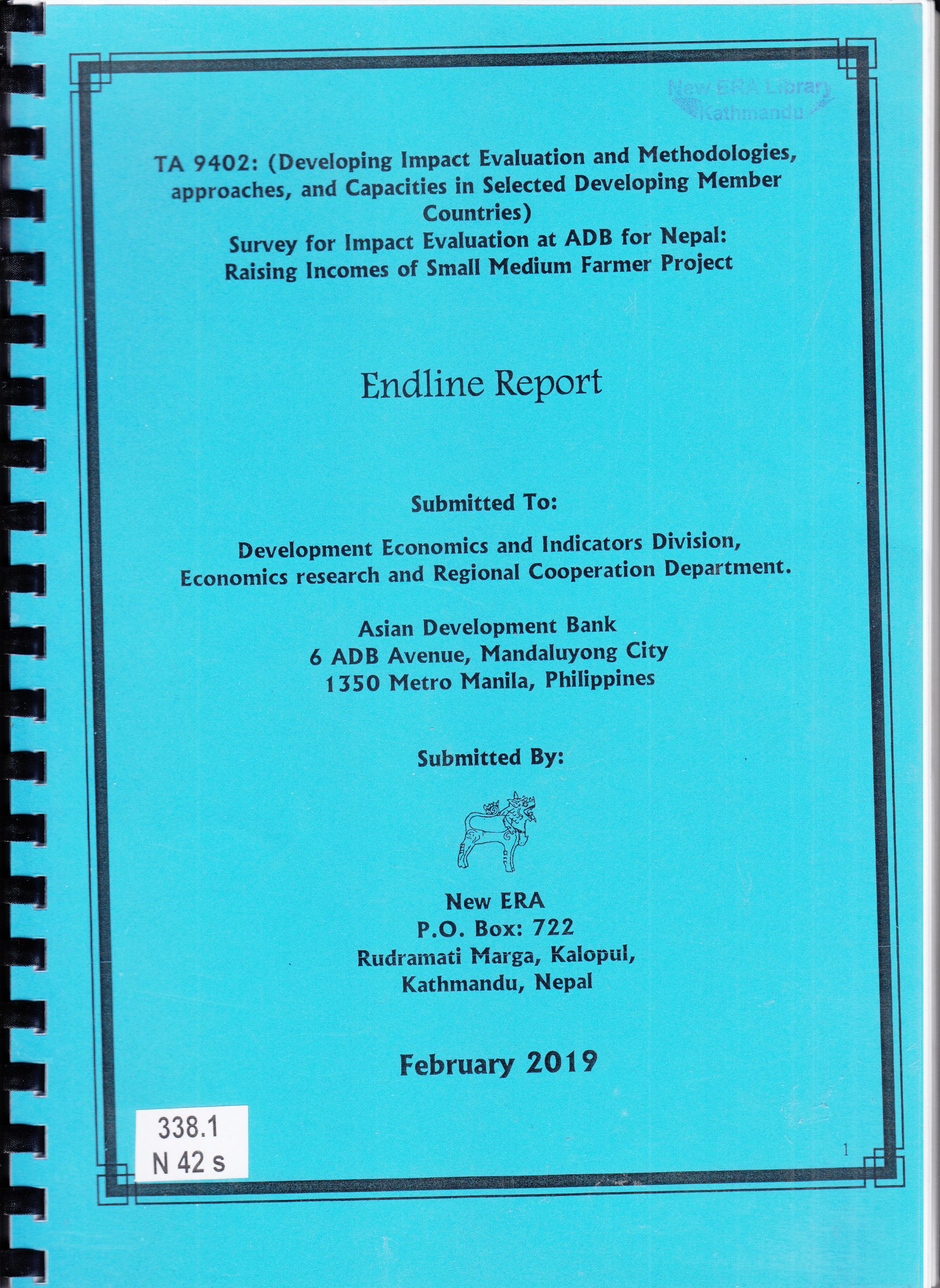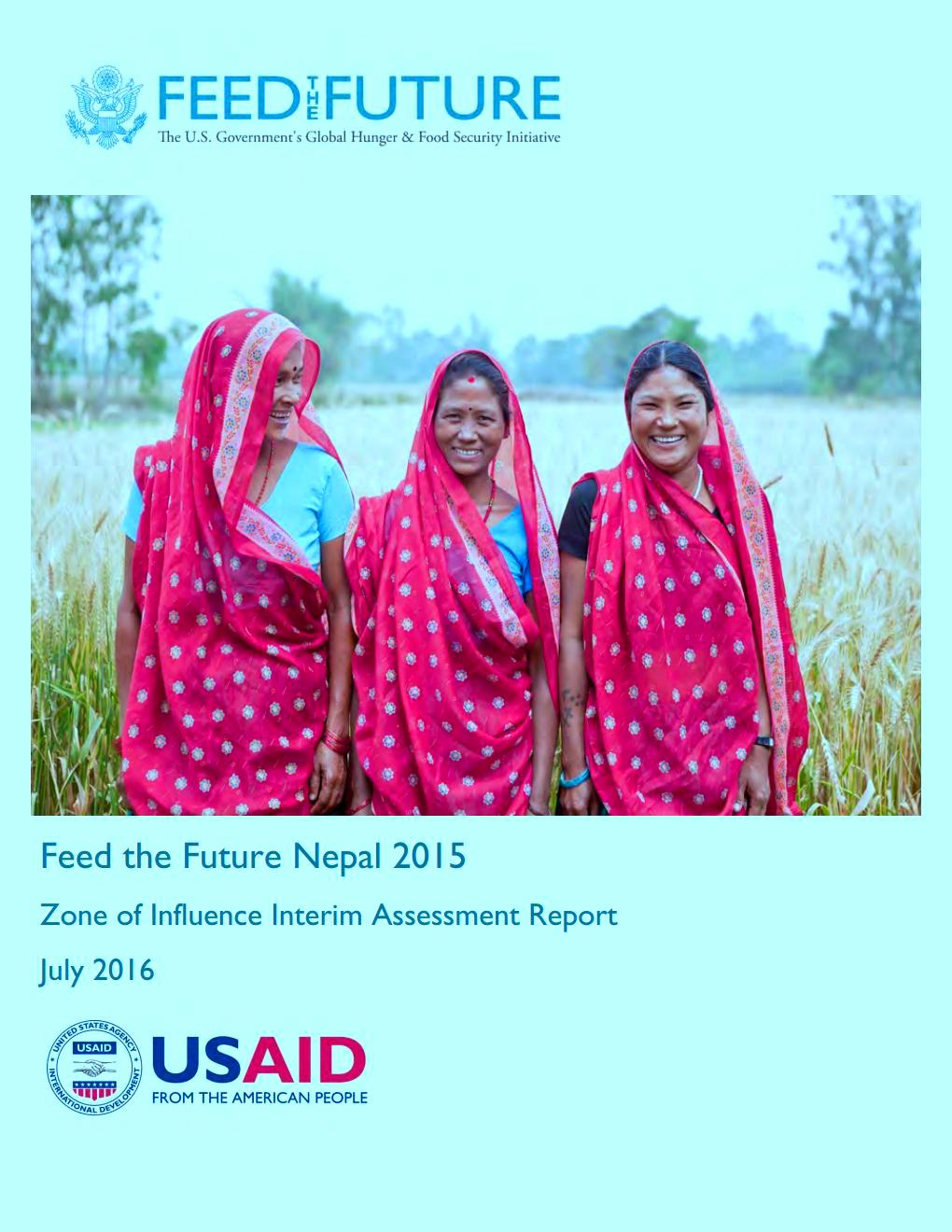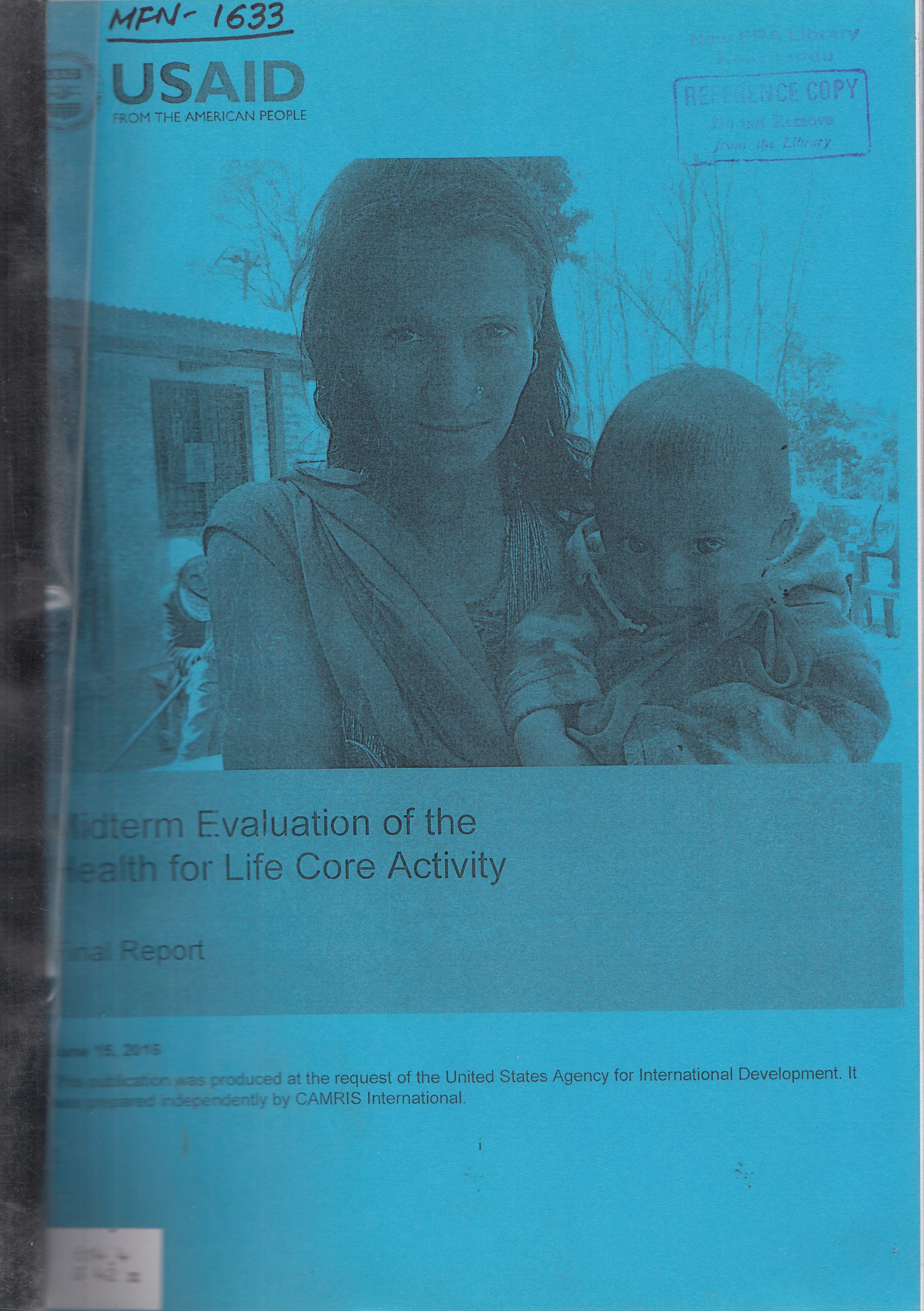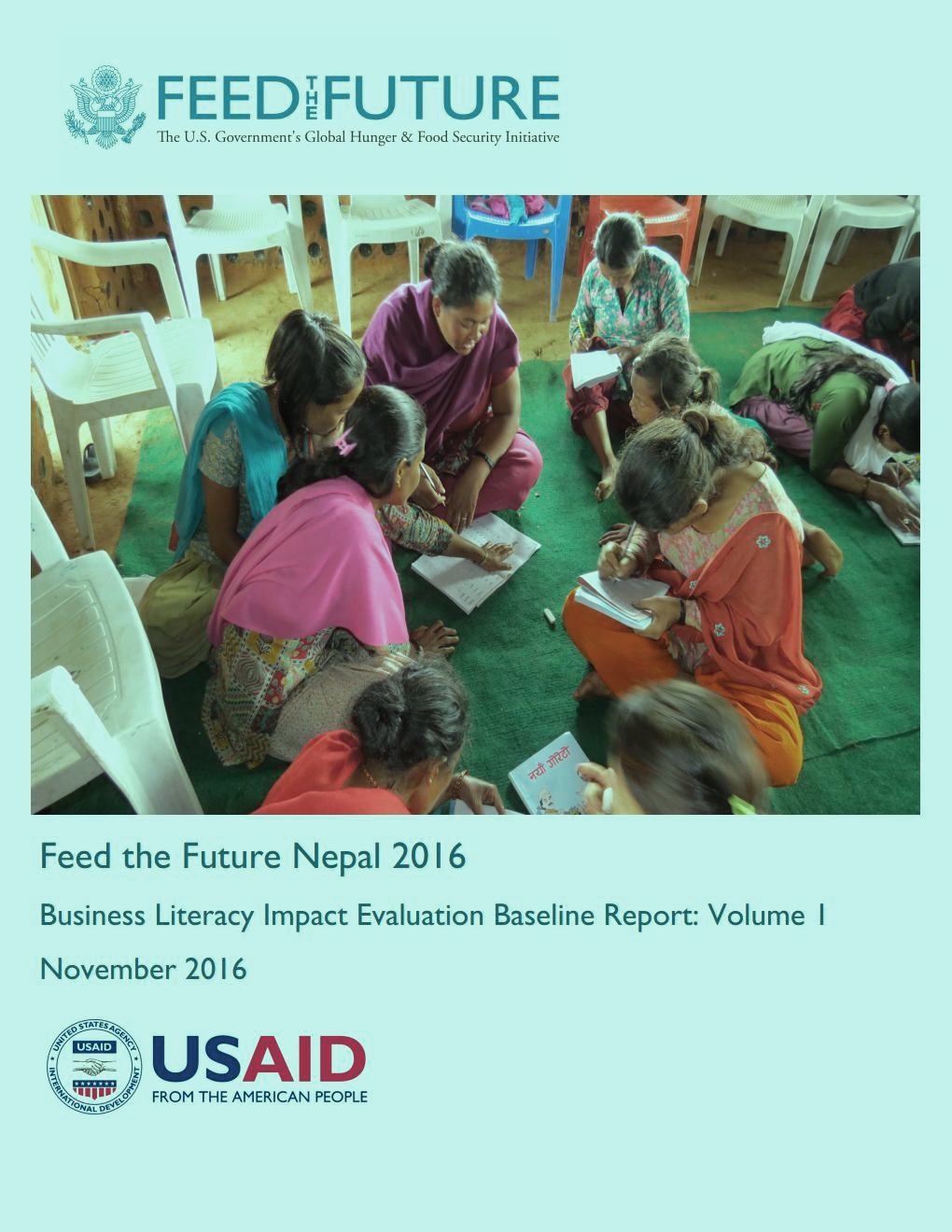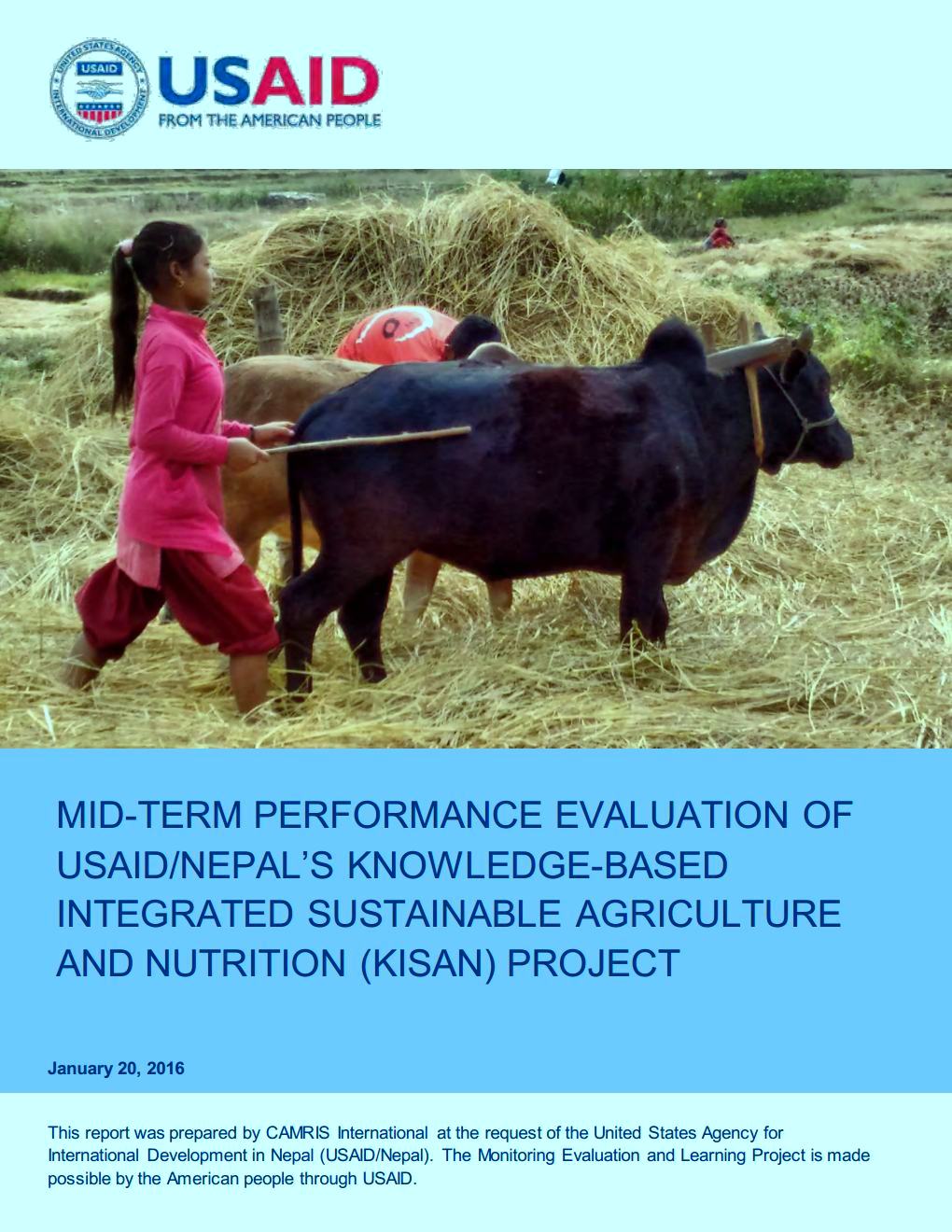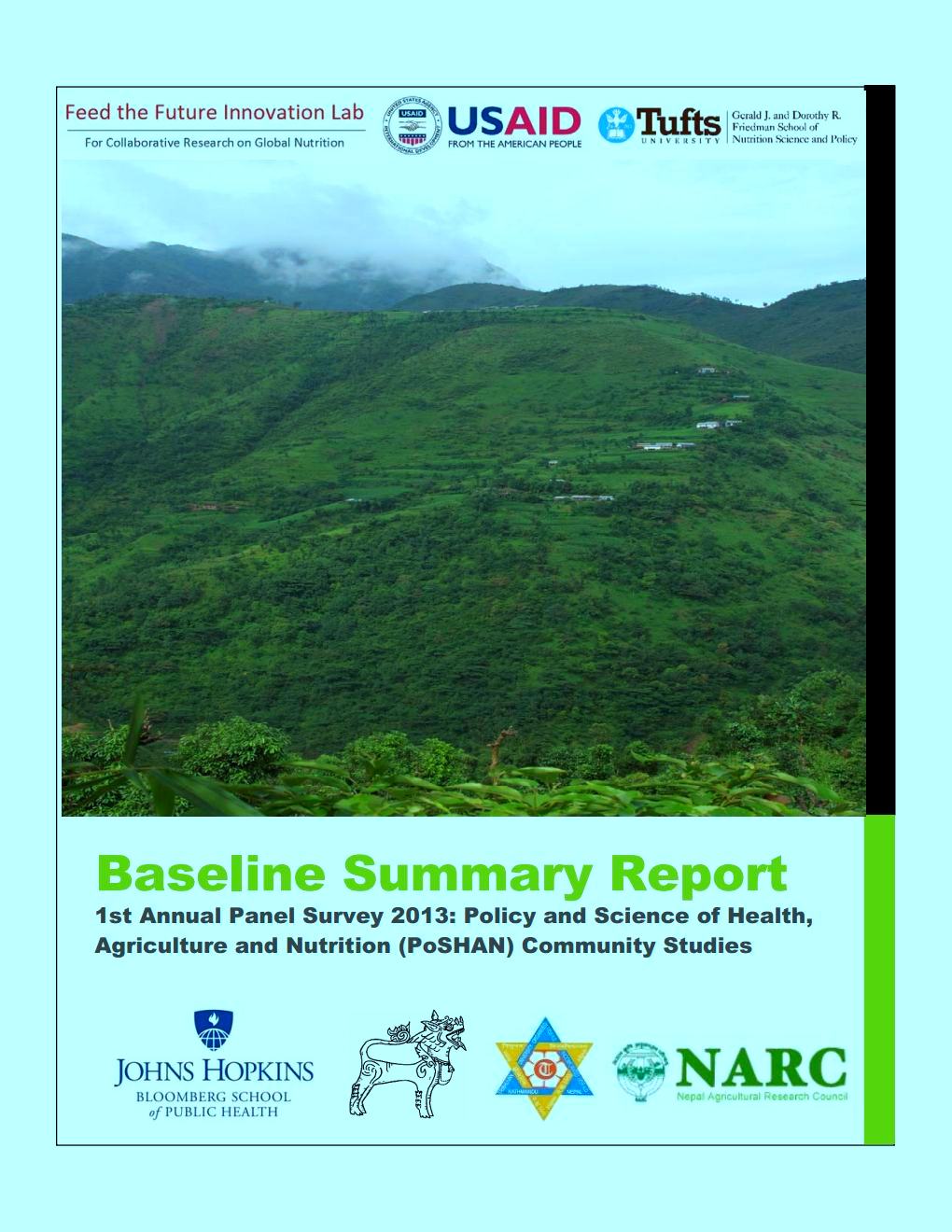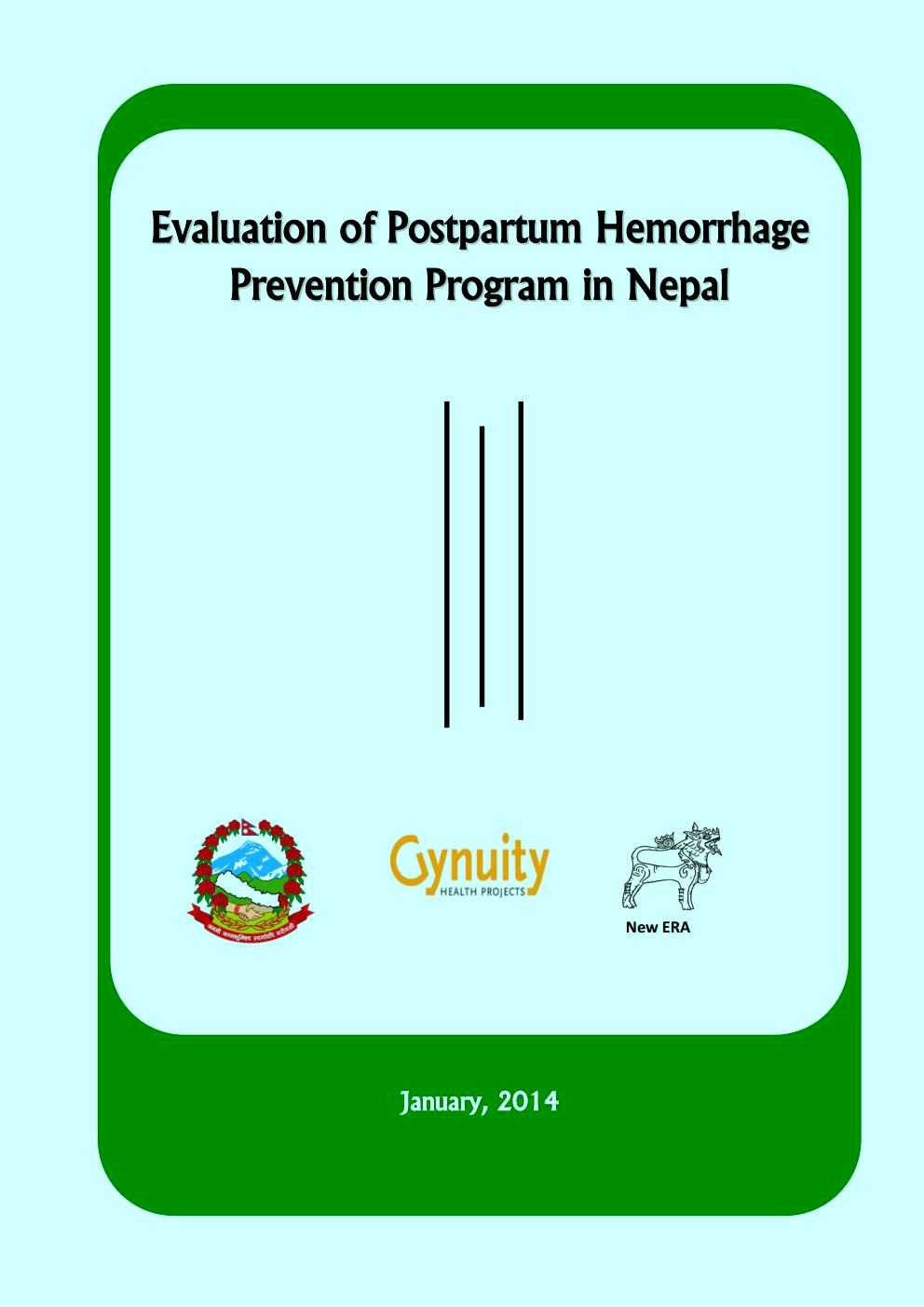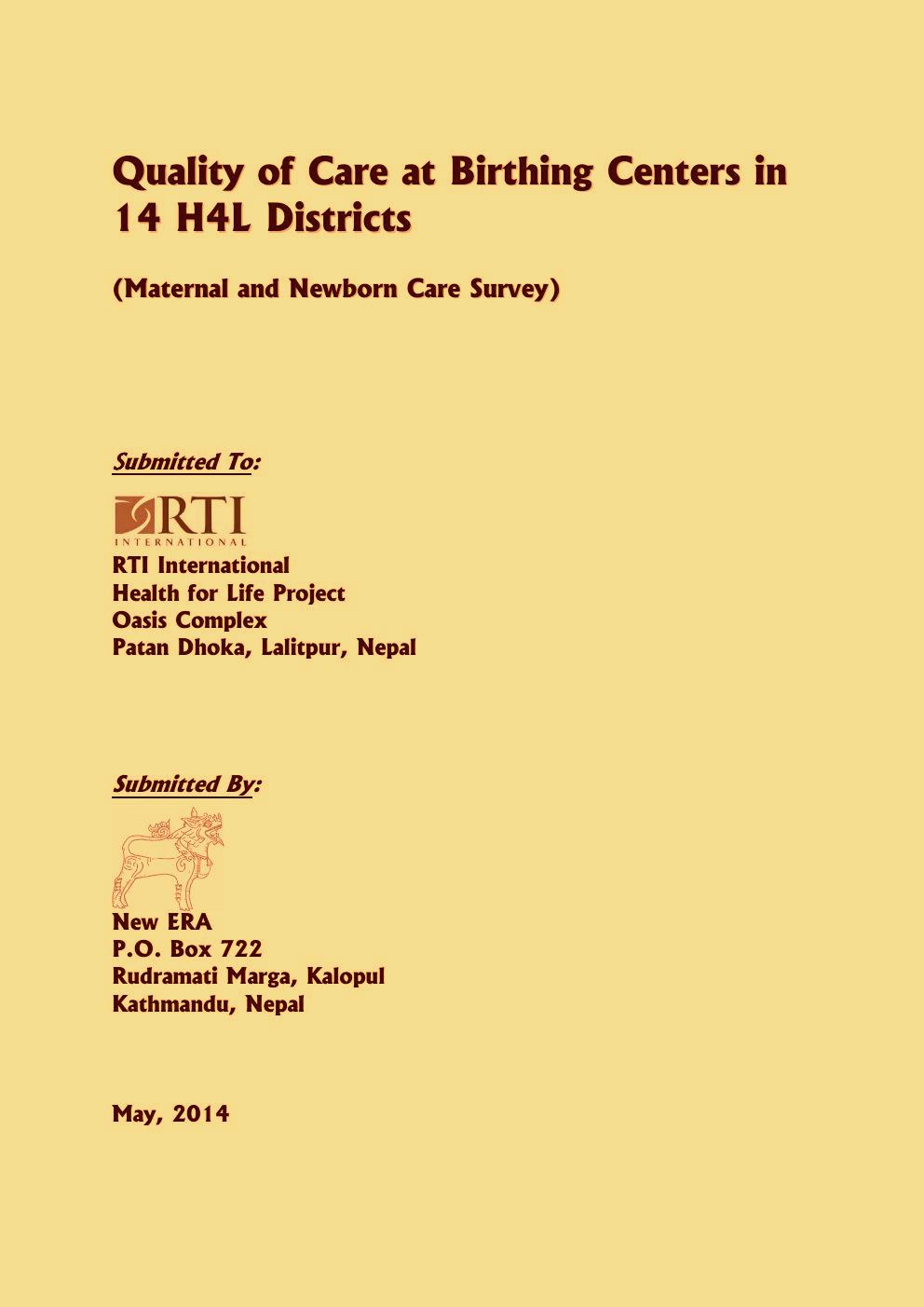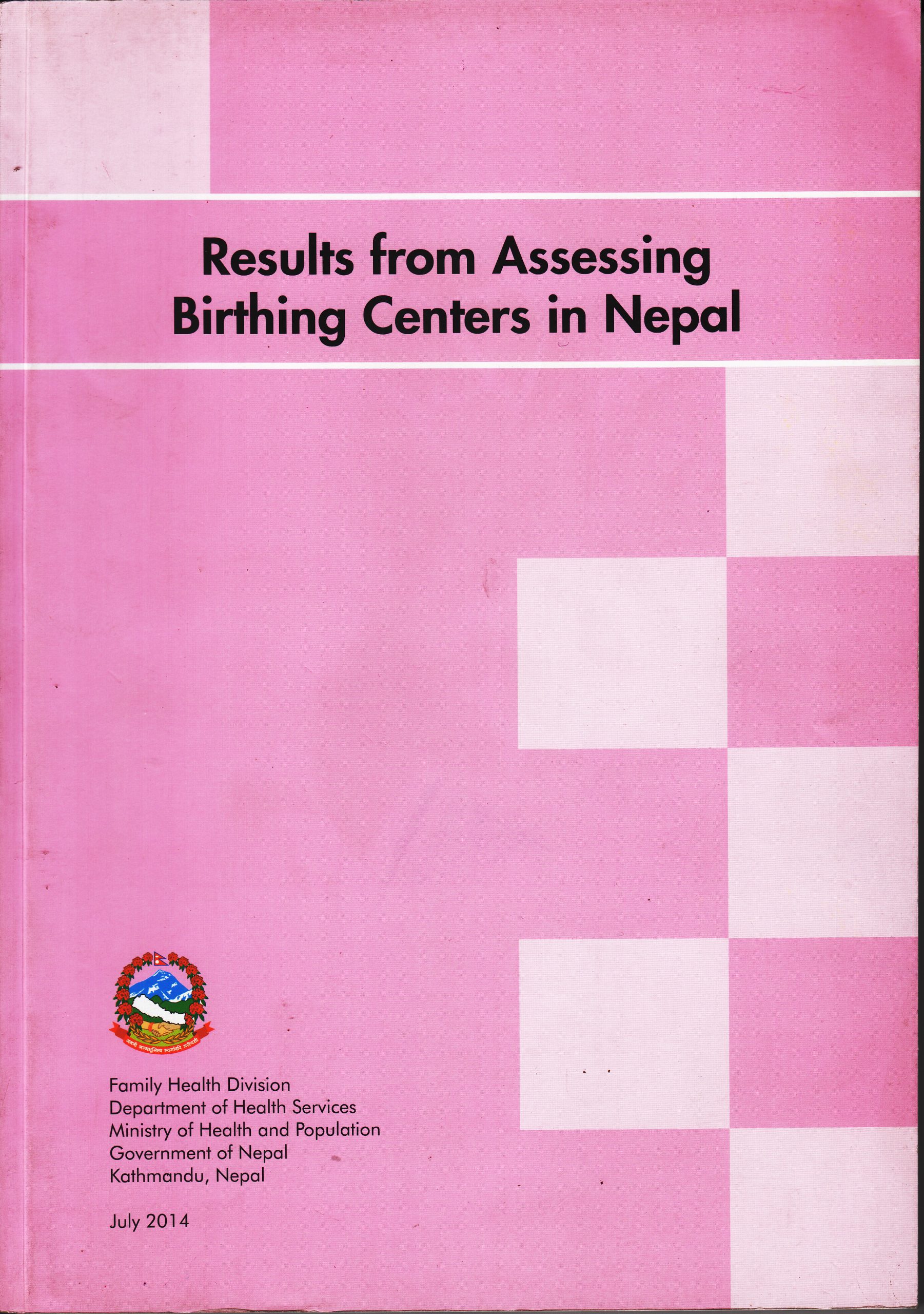The Agriculture and Food Security Project (AFSP) project was implemented by the Ministry of Agriculture Development (MoAD) and the Ministry of Health (MoH) to address food security and agricultural productivity in 19 hill and mountain districts of the Mid-and Far-Western development region of Nepal. This survey assesses the effectiveness of the project in regards to improved agricultural technology and seed adoption, productivity of the food crops, livestock reading practice, and farmer income. The study also assesses nutrition of young children and pregnancies or breastfeeding mothers, kitchen gardening, livestock rearing, behavior change of the project community.
Report Type: Health
Feed the Future Nepal 2015 – Zone of Influence Interim Assessment Report
Feed the Future Initiative was implemented by USAID in many food-insecure developing countries with focus on growth of agricultural sector and improvement in nutritional status. In Nepal the FFI was implemented in 20 food insecure districts of western Nepal. This Nepal chapter of influence survey seeks to show any changes in indicators related to poverty, household expenditures, women’s empowerment, hunger, dietary diversity and feeding behaviors, nutritional status of women, wasting, underweight, and stunting in children.
Mid Term Evaluation of the Health for Life Core Activity
Health for Life (H4L) Project was initiated with the goal to improve the Government of Nepal’s stewardship to plan, manage and deliver quality and equitable maternal, newborn and child health and nutrition and family planning (MNCHN/FP) services. This study was to assess the effectiveness of the program. The study assesses health facility readiness, observed district review meeting and service delivery in selected health facilities for the patients and community satisfaction of services.
Feed the Future Nepal 2016: Business Literacy Impact Evaluation Baseline Survey
The Business Literacy Program (BLP) is a component among the Feed the Future (FTF) strategy. The overarching objective of BLP was to contribute toward FTF’s interest in increased resilience of vulnerable populations through training designed to enhance key skills in literacy and innumeracy, nutrition knowledge, life skills, entrepreneurship and access to finance among women, youth, disadvantaged castes, and ethnic minorities of 20 focus districts. This study was conducted to measure the impact of the program. The study assessed knowledge, skills and attitude and behaviors of beneficiaries of the program.
Mid-Term Performance Evaluation of Knowledge-Based Integrated Sustainable Agriculture and Nutrition (KISAN) Project
The Knowledge-Based Integrated Sustainable Agriculture and Nutrition (KISAN) Project was implemented Ministry of Agricultural Development with support of USAID in 20 Terai and hill districts of the Far Western, Mid-Western, and Western Regions of Nepal. The purpose of the project was to sustainable improving food security and increase incomes of farm households of project districts. This study was to determine performance of activity to accomplish its intended goals and objectives. The study assesses the effectiveness of the project’s approaches and degree of sustainability in both terai and hill districts among various population groups.
A Midline Survey for the Agriculture and Food Security Project
This survey was design to measure current changes in the impact on Improved Crop Productivity, Livestock Productivity and Feeding Practices among the study community. The study also assesses adoption of improved agricultural inputs, promoted crops such as vegetables, improved health and livestock rearing and breeding practices. Beside that the study assesses household hunger score, dietary diversity score, starchy staple ratio, food consumption score, homestead production practice, behavior change communication and income from the agriculture.
Policy and Science of Health, Agriculture and Nutrition (PoSHAN) Panel Survey, Phase I – IV
Policy and Science of Health, Agriculture and Nutrition (PoSHAN) survey is a part of USAID supported nutrition-focused multi-disciplinary research effort to address “Feed the Future Food Security Innovation Laboratory: Collaborative Research on Nutrition” in developing countries. The study aims to explore a new paradigm that links agriculture with health strategies to address under nutrition in developing countries. This Nepal chapter panel survey was conducted annually in 2013, 2014, 2015 and 2016. The study was collect data on the direction and strengths of association between agricultural practices, market prices and household food security in rural Nepal. The study explores how governance processes influence the implementation of nutrition-specific and nutrition-sensitive policies. The study also assessed nutritional status of married women of reproductive age having children below 5 years of age, adolescent girls and children less than 5 years of age.
Evaluation of Postpartum Hemorrhage Prevention Program in Nepal
Evaluation of Postpartum Hemorrhage Prevention Program in Nepal, Gynuity Health Projects/ USA,
(2014)
Postpartum Hemorrhage (PPH) remains a leading cause of maternal deaths in Nepal. Government of Nepal in
partnership with USAID has introduced and expand nationwide community-based PPH prevention program for athome birth since 2010. This study was designed to assess the efficiency and effectiveness of the Program. The
study assesses the provision, use, availability, knowledge, awareness, and acceptability of Misoprostol and
Oxytocin prophylaxis for PPH prevention during at-home births. The study identified program success and
lessons learned and remaining challenges.
Quality of Care at Birthing Centers in 14 H4L Districts
The Health for Life (H4L) project is a USAID funded five-year community-based program implemented in 14 districts of Western and Mid-Western Development Regions of Nepal with goal of strengthen the government’s capacity to plan, manage and deliver high quality and equitable family planning, maternal, newborn and child health services through improving the health system governance in project districts. Ministry of Health and Population (MoHP) has established a number of birthing centers within the Primary Health Care Centers (PHCC), Health Posts (HP) and Sub-Health Posts (SHP) with aims to reduce maternal and neonatal mortality in the country. This study was designed to examine the quality of care of birthing centers. The study assesses availability health personnel in the centers, health providers’ knowledge of evidence-based practices, ANC observation checklist and Facility readiness to provide care with respect to infrastructure, supplies and medications
Results from Assessing Birthing Centers in Nepal
Ministry of Health and Population (MoHP) has established a number of birthing centers aiming to reduce maternal and neonatal mortality in the country to fulfill MGD no 5 requirement. This study was designed to provide national level results on Quality of Care provided at the Birthing Centers (BCs) that are established within the Primary Health Care Centers (PHCC), Health Posts (HP) and Sub-Health Posts (SHP) of the study districts. The study has provided estimates on compliance with globally accepted standards for clinical practice in Antenatal Care (ANC), Labor and Delivery. The study assesses health provider knowledge, facility readiness to provide care with respect to infrastructure, supplies and medications, and to guide programmatic and policy focus to improve maternal and newborn health.



